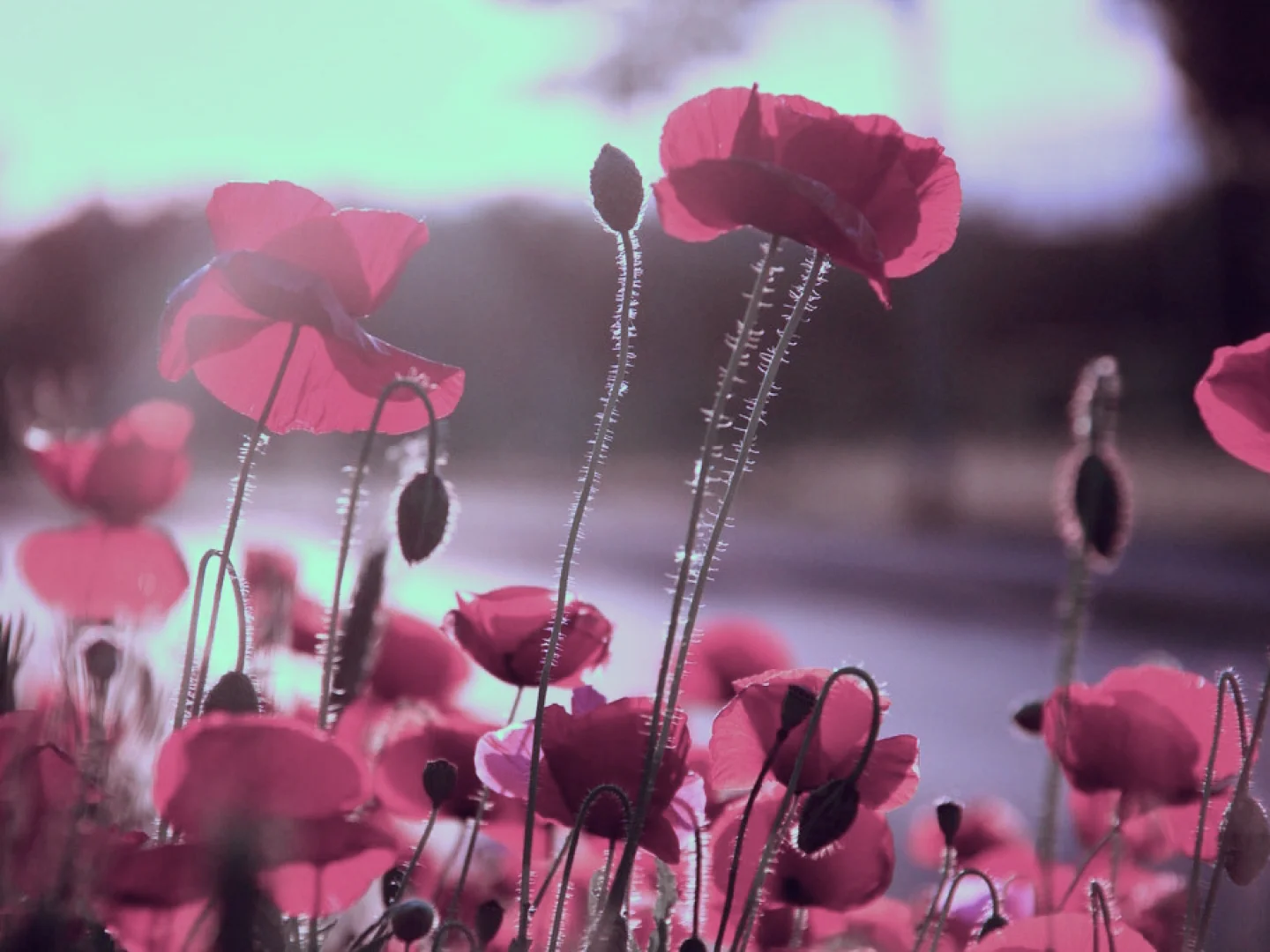
Formerly the Practicing Freedom Collective, Partners for Collaborative Change is an organization made up of educators, facilitators, artists and organizers who each bring decades of experience in collaborative, transformative work. Our theory and methodologies are rooted in Popular Education, Theatre of the Oppressed, Participatory Action Research and Healing Justice. PFCC works for organizational, interpersonal and personal transformation through pedagogical practices that support the development of critical consciousness.
OUR PURPOSE is to support system change towards a world where human dignity and the planet are respected and our interconnection is honored. We work to transform change-making itself, so that it is truly led by and for those directly affected by the issues our movements work to address. Recognizing that every organization and every challenge is unique, we strategically co-design each engagement to support our clients’ efforts in a range of ways:
Engage in community-led education, research, design and planning;
Develop and apply a framework for the interdependence of social justice and the environment;
Update organizational structures and practices to become more values aligned, and clarify roles and decision-making for improved transparency and accountability;
Establish a practice for transformative processes to address harm and conflict; and
Become more resilient and equitable with critical consciousness, deepened mutual trust, understanding and sense of belonging.
PFCC’s work is rooted in historic social justice movement work. Our methodologies are influenced by the theories and practices of Paulo Freire, bell hooks, Augusto Boal, Myles Horton, Kimberlé Crenshaw, Valerie Batts, Mimi Kim, Mia Mingus, among many others.
The resources below are licensed under the Creative Commons Attribution-NonCommercial-ShareAlike 4.0 International License. What that means is that you are free to share and adapt it - with the terms described in this document.
Theatre of the Oppressed

Theatre of the Oppressed is an arsenal of theatre techniques and games that seeks to humanize people, restore true dialogue, and create space for participants to rehearse taking action. It begins with the idea that everyone has the capacity to act in the “theatre” of our lives; everybody is at once an actor and a spectator. We are all spect-actors! It was created by Augusto Boal from Brazil who drew inspiration from Pedagogy of the Oppressed, Liberation Theology, and practice in multiple countries around the world while in exile. There are many theatre forms that constitute Theatre of the Oppressed. The primary forms in use are: Body Demechanization, Image Theatre, Forum Theatre, Rainbow of Desire and Invisible Theatre.
Conflict Transformation

Conflict is an inevitable part of the human experience, but harm does not have to be. Healing-based models of conflict transformation and harm response address root causes to bring people into greater harmony and connection. Restorative Justice, Transformative Justice, community accountability, and non-legal conflict mediation seek to humanize all parties, maximize communication, and create pathways for change, reconciliation, closure, and healing that are sustainable. At PFCC we hold processes to improve communication, de-escalate tension, repair harm, generate group agreements, and encourage deep listening. Rather than practicing “neutrality,” which defaults to existing power imbalance and oppressive conditions, we engage in “multi-partiality” and maintain nuance for the ways that lived experiences, personal identities, systemic forces, and socialization complicate the dynamics of a conflict.
Popular Education

Popular Education centers people’s knowledge and understanding of their own world to generate and legitimize the expertise and strategies within their community. The purpose of popular education is conscientization or the cyclical process of people joining with peers to critically reflect on the socio-economic and political conditions they exist in, and then imagine possibilities for something better to emerge from the oppressor-oppressed dynamic personally, interpersonally and institutionally.
"Education either functions as an instrument to...bring about conformity or it becomes the practice of freedom, the means by which men and women deal critically and creatively with reality and discover how to participate in the transformation of their world" - Paulo Freire
Participatory Action Research

Participatory Action Research or PAR brings people together to define for themselves what problems they face in their community, find solutions through talking with and gathering data from their peers, and then implementing those solutions through strategic and informed actions. It’s a model of community organizing that builds the capacity of people on the front-line of a problem to take leadership in creating the change they want. Youth-Led Participatory Action Research or YPAR is exactly what it sounds like. Young people are the researchers who through the action research build their capacity to share their expertise and take leadership in overcoming their own problems, with support from adult allies.
“Human beings are not built in silence, but in word, in work, in action-reflection. But while to say the true word- which is work, which is praxis- is to transform the world, saying that word is not the privilege of some few persons, but the right of everyone. Consequently, no one can say a true word alone – nor can she say it for another, in a prescriptive act which robs others of their words." - Paulo Freire
Ecopedagogy

Ecopedagogy is a discourse, a movement, and an approach to education that has emerged from leftist educators in Central and South America that seeks to re-educate “planetary citizens” to care for, respect and take action for all life. How can we, as citizens of the planet, participate in the creation of a world that we want instead of simply observing those who are profiting off of extraction and exploitation to create our world for us? What does an education look like that can encourage people to create healthy, vibrant, resilient communities that serve everyone, with no one excluded? What kind of education is truly relevant today, given our current social and ecological crises? These are some of the questions posed by ecopedagogy, to which it attempts to respond.
Additional Resources

